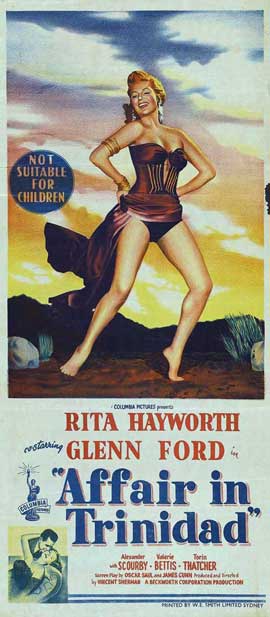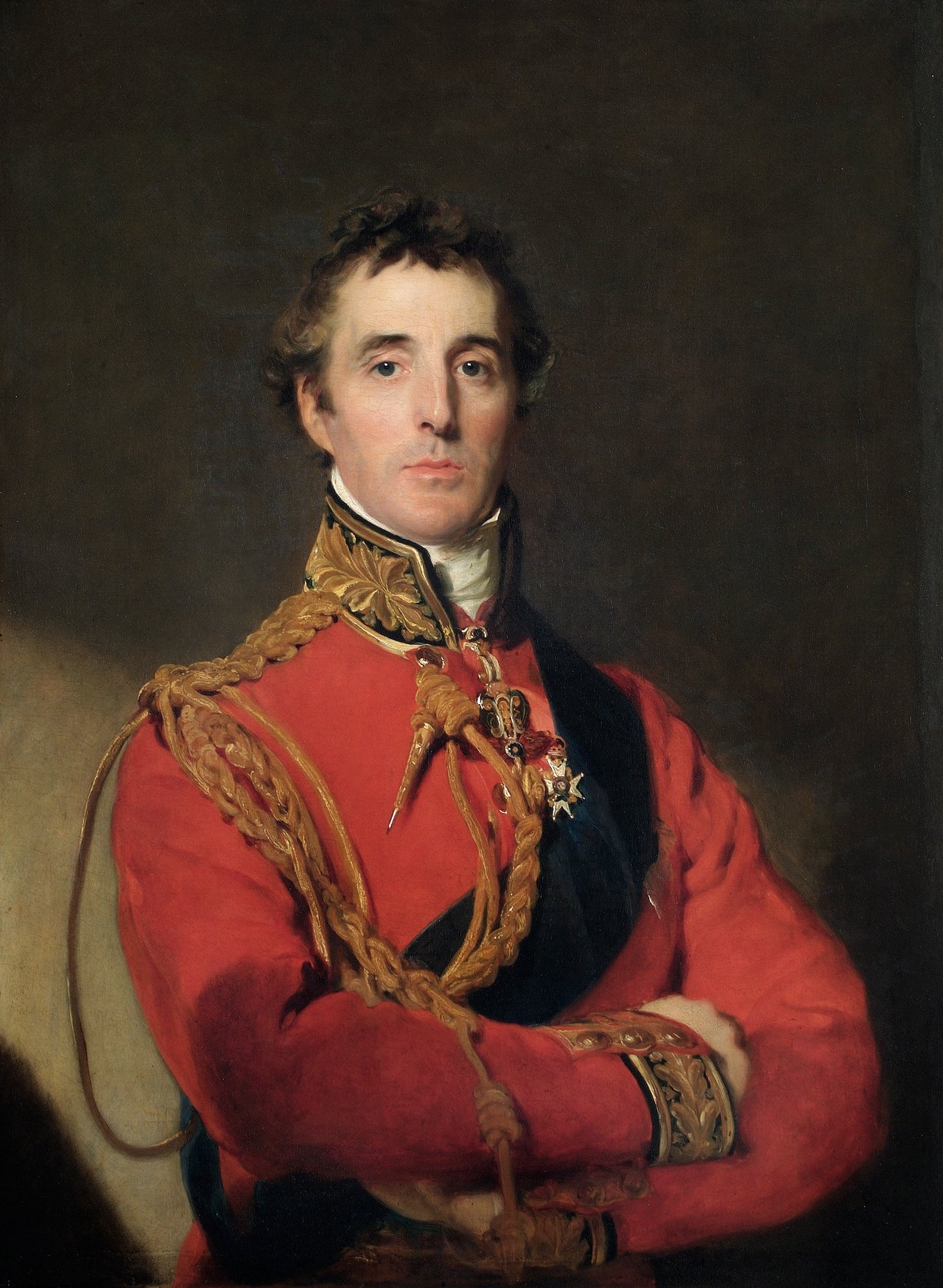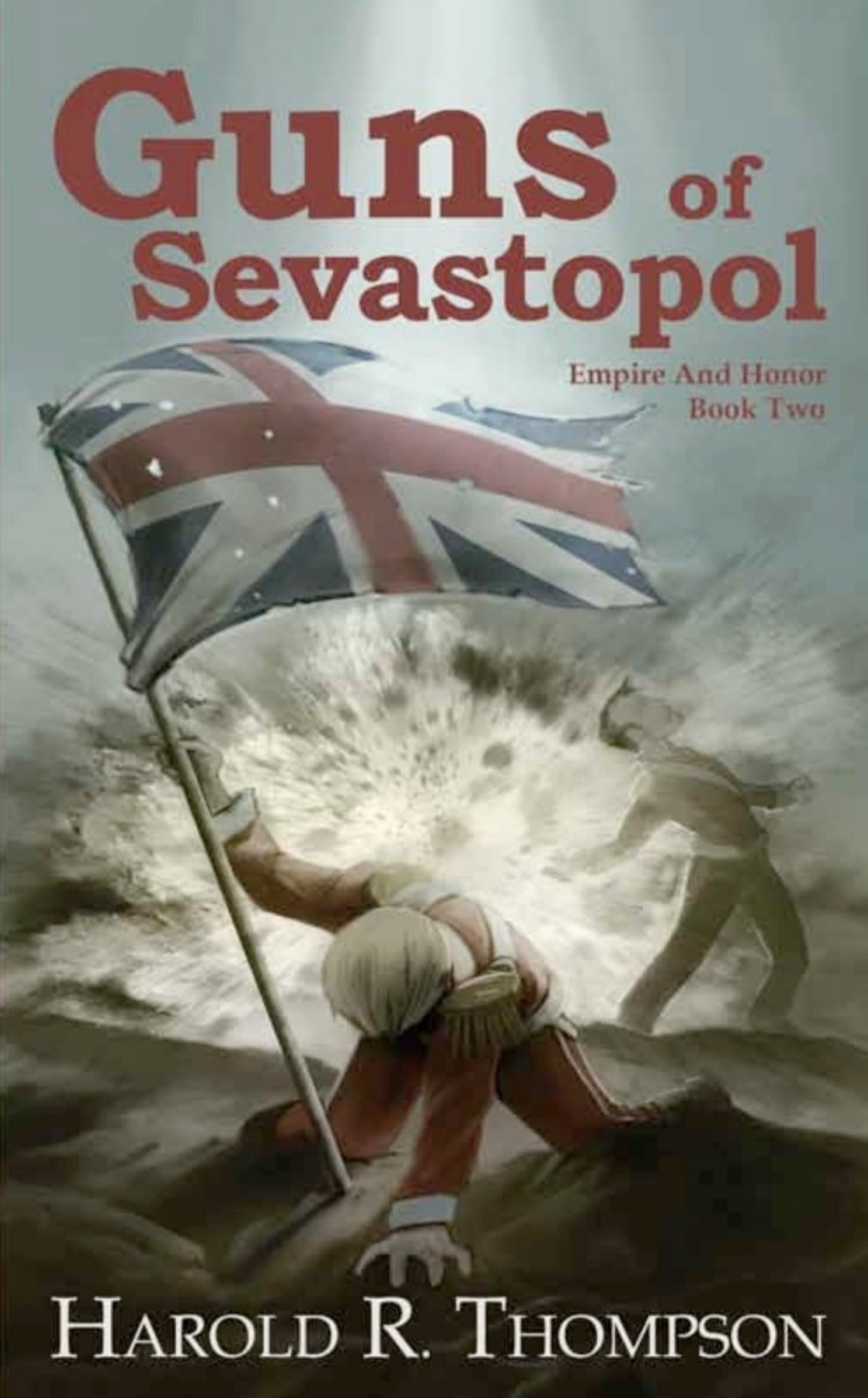DAWN OF CHAOS: Sanctum of the Archmage
by Tony Andarian
(and a word from the author)
A review by INFAMOUS🦀
~“What is this place?” she breathed in wonder.
Lenard chuckled, but his eyes didn’t waver from what he was doing at the mysterious table.
“Welcome to the Sanctum of the Archmage, my dear,” he said simply.~
Dawn of Chaos is the culmination of a long and passionate project by indie author Tony Andarian. This latest edition was the result of several revisions and changes Andarian felt were needed as a result of growing and developing as a writer:
“I took the book down at the end of ’18 with the intent to release the rewrite in ’19, but escalating craziness at work forced me to put it off until after I retired at the end of ’21.”
And it follows:
“I revised the version of Dawn of Chaos that I’d published in 2017 for re-release in 2021 and 2022. But the changes were primarily cosmetic, and had mostly to do with improving my writing style. Story-wise, it was identical except for very minor changes, and the addition of a few scenes.”
This is an approach I admire and strongly suggest to all writers out there, but particularly to those writers with limited experience or just now contemplating publishing for the first time. Producing a novel that is professional, competitive, and worth buying is no easy task, and it takes more than just ‘a good story’ to make it all work. So pace yourself, make adjustments when needed, and DO NOT rush the process.
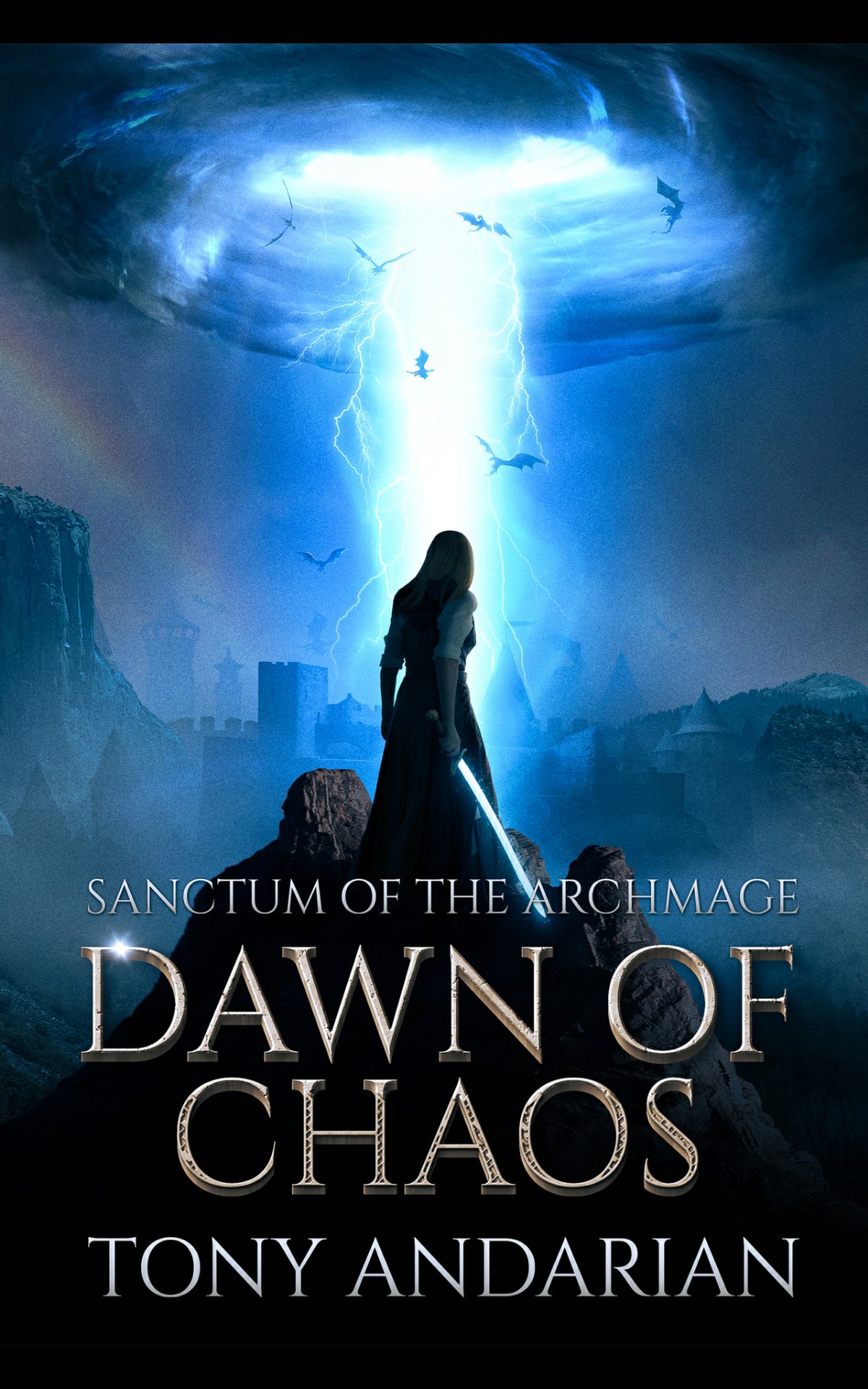
CONTENT:
Dawn of Chaos is a collection of three books:
- Book 1 – Prologue to Chaos
- Book 2 – Hell Gate
- Book 3 – Aftermath
The original concept was created for a D&D game, which Andarian eventually felt needed to be transferred into novel format. If this book immediately comes across as very thorough and professional now you know why. This is not something that just spurted overnight and it took many years to refine and perfect.
PLOT:
The action takes place in the mythical kingdom of Kalara, with the capital being the great city of Carlissa, center of a prosperous civilization. The royal family consisting of the king (man), queen (elf), two sons, and a daughter reigns with fairness and honor and people enjoy a time of peace and prosperity… Until a hellgate opens up one day over the center of the city through which an army of demon monsters steps through to kill and conquer all.
In fact, as we learn:
“Many thousands of years ago, a great war between the Gods and the Demons came to the world. The Demons had opened a door from the realms of Hell itself, and their armies threatened to overrun the earth.”
Now, thanks to a ‘rogue wizard’ named Zomoran, the demon hordes have found a way through that gate again, and the kingdom is certainly not prepared for this massive and surprising attack after enjoying a long era of peace.
CHARACTERS:
The story is rich in characters which are divided into groups, each one going through their own perils and challenges but all ultimately serving the same cause: delivering a particular magic ring to the Archmage Lenard which will give the kingdom a hope of victory.
PACE:
There’s never a dull moment or wasted page in this book. The action is relentless but also well written; the sense of immediate danger, ever present at every corner. But what I found worth mentioning-and what makes this a legit 5-star book-is that amidst all the action the author never misses an opportunity to keep readers in the loop when it comes to the lore of this world and the reason behind everything that takes place. The attention to details, whether that be the city’s layout, the geography of the region, or the social structure of this civilization, is all impeccable and works perfectly well with the breath-taking action scenes.
MORAL/PHILOSOPHICAL ASPECTS:
The seemingly straightforward storyline holds compelling moral questions which some readers might miss while being caught up in all the action and epic battles. The author mentions one of his major influences as being Ayn Rand:
“I first read Ayn Rand decades ago, and have been heavily influenced by her ideas for most of my adult life. The way they show up in the Sanctum Saga has a lot to do with how they’ve influenced my thoughts about the nature of civilization, what makes it possible, and what causes it to collapse.
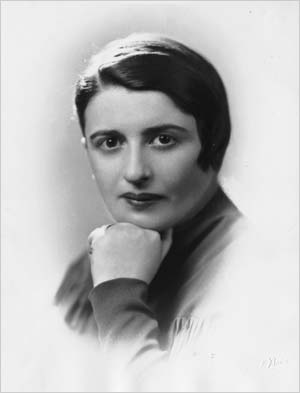
The major influence of Rand’s ideas on Dawn of Chaos shows up in the recurrent theme of independence vs. obedience to authority. Zomoran’s ideology, as revealed in the first chapter, is that he believes in elite rule over freedom and individual choice. Independence and the right to individual choice were among Rand’s cardinal virtues, and that’s represented in the battle against Professor Zomoran and his demons.”
CONCLUSIONS:
The author informs readers this saga is not over yet with this book, and announces that Wrath of the Peregrine King will be in fact the next installment where this epic D&D story will continue.
This is how you create a well laid out epic adventure with relatable characters and interesting villains. I can’t praise this book enough or recommend it enough if you like the genre. The stellar editing makes this exactly what we need in the indie sphere right now. When an author aims for excellence and nails it, we as readers can’t ask for more, and Dawn of Chaos is an excellent book indeed!
🦀



